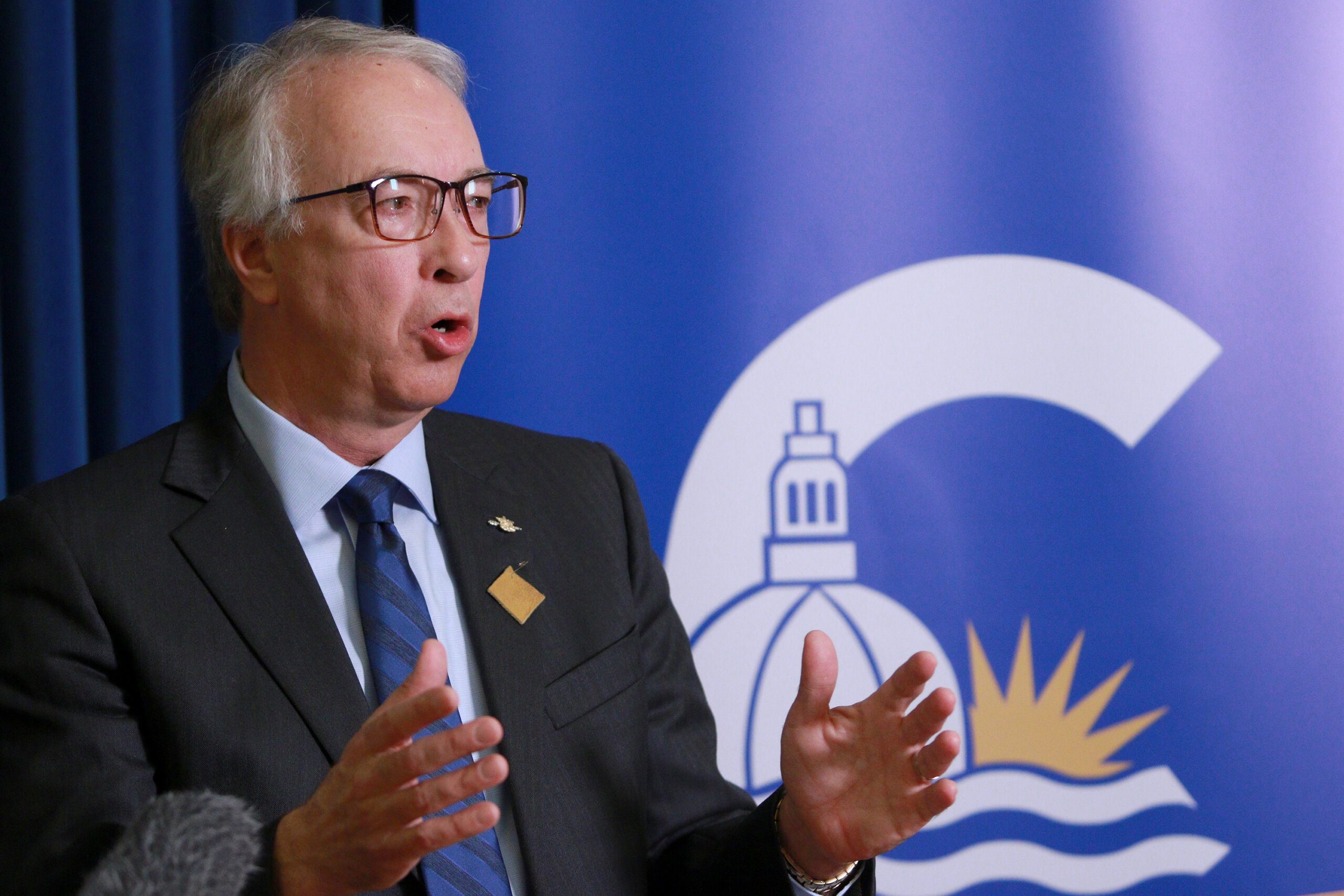What is the Conservative Party of BC? It seems like they’ve come out of nowhere and are suddenly all over the news.
The formerly fringe party is hotly on the rise ahead of this fall’s likely provincial election. Since the 1950s, B.C. has been a province of two major parties: the NDP, who currently lead the province, and the B.C. Liberals.
But thanks to a name change by the Liberals to BC United, a surge in Conservative name recognition federally and some political manoeuvring, the party is on the come-up, polling well ahead of BC United as the province’s second-place party.
But they aren’t without controversy. Conservative candidate Damon Scrase stepped down last week after many of his anti-LGBTQ2S+ social media posts came to light. And he’s far from the only Conservative-associated figure to express some concerning views around queer and trans people. Yet openly queer MLA Elenore Sturko just crossed the floor from BC United to join the Conservatives.
What’s going on in B.C. politics, what role will the Conservatives play in the likely upcoming election and what does that mean for queer and trans people in B.C.? Xtra senior editor Mel Woods explains.

 Why you can trust Xtra
Why you can trust Xtra


